- New Wave
- Posts
- Productive Addiction
Productive Addiction
How productivity tools profit by making you less productive
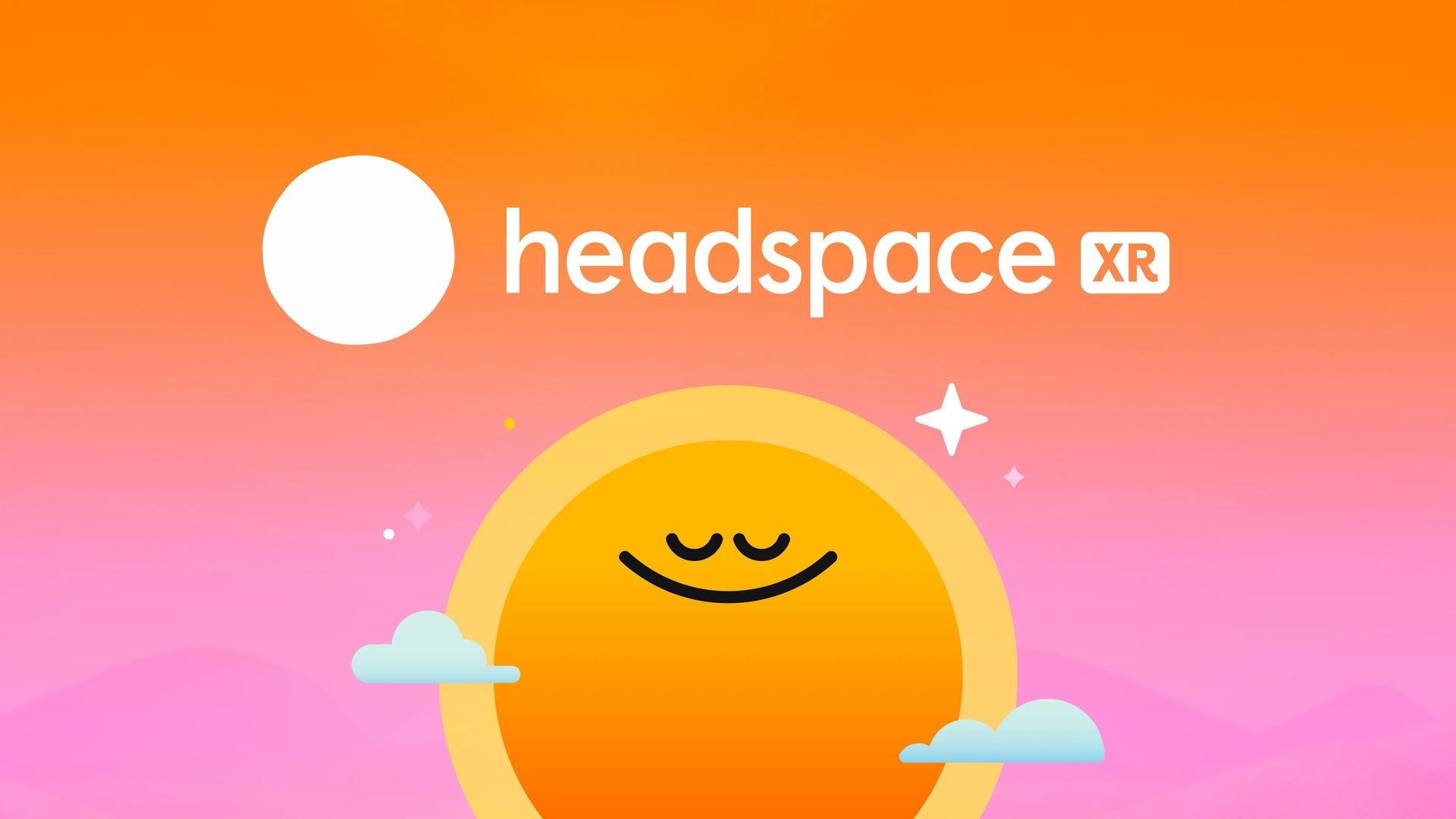

𝑰𝒏 𝑻𝒐𝒅𝒂𝒚'𝒔 𝑾𝒂𝒗𝒆:
🧠 Mental health apps engineering longer sessions, not better outcomes
💻 Productivity tools designed to keep you working, not help you finish
💰 "Wellness" startups raising millions to fuel digital dependency
🎯 Why stealing focus pays more than improving it
𝑻𝒉𝒆 𝑺𝒉𝒊𝒇𝒕
A meditation app just raised $20 million by turning mindfulness into a game. Instead of helping people find calm, it uses streaks, levels, and achievements to make meditation competitive and addictive.

For years, we assumed productivity and wellness apps wanted to solve our problems. But smart companies discovered something backwards: they make more money by extending the problem than by fixing it.
I'm calling this shift "Productive Addiction" – when companies profit from attention scarcity by selling solutions that actually worsen the issue they claim to solve.
The apps that promise to save your focus are the ones stealing it most efficiently.
𝑾𝒉𝒚 𝑵𝒐𝒘?
Three things are making productive addiction profitable:
The attention economy hit saturation. Every app fighting for the same finite resource forced companies to find new tactics. Instead of competing for attention, they started manufacturing attention problems to solve.
The great productivity promise failed. Apps that once promised to liberate us from digital overwhelm have quietly pivoted to profiting from it. What began as solutions became the very dependencies they claimed to cure.
AI made manipulation scientific. Behavioral psychology and machine learning now let companies engineer dependency with precision. They can predict exactly when you'll need their "help" most.
Quiz: Which behavior exemplifies "productive addiction"?
A) Using a meditation app for 5 minutes daily
B) Spending 30 minutes organizing your productivity system
C) Checking email twice per day
D) Taking regular digital detox breaks
𝑬𝒂𝒓𝒍𝒚 𝑺𝒊𝒈𝒏𝒂𝒍𝒔
Forest's Fake Focus
This "focus" app gamifies concentration by growing virtual trees when you don't use your phone. But users report spending more time in the app managing their digital forest than actually focusing on work. The distraction became the solution.
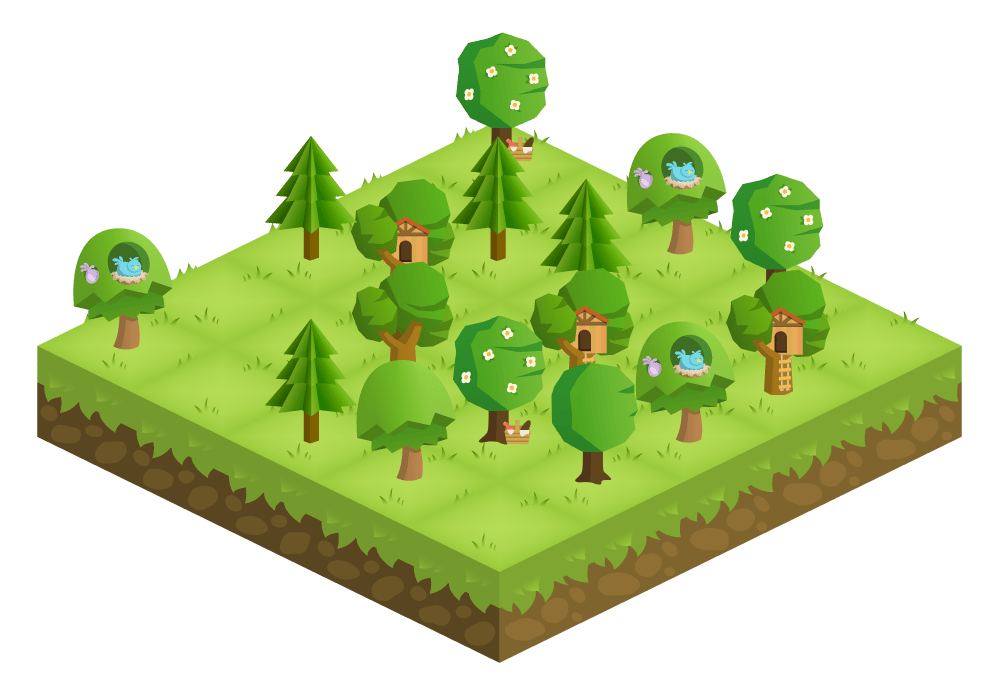
Oura Ring's Anxiety Optimization
This health tracker generates so much biometric data that users become obsessed with optimizing every metric. Instead of improving wellness, many users develop "data anxiety" and sleep worse because they're monitoring their sleep scores.
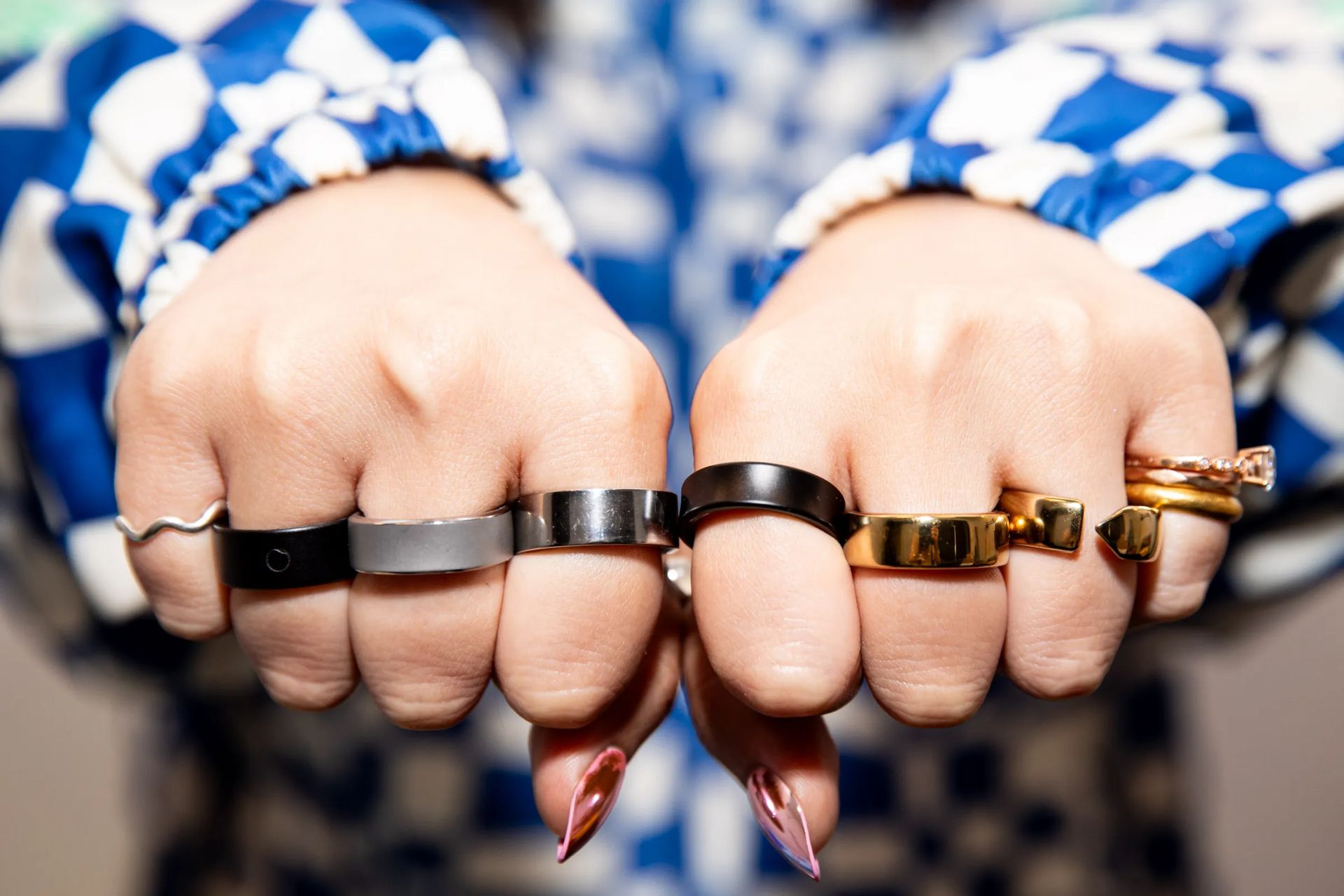
Notion's Infinite Organization
This productivity platform grew by making organization itself addictive. Users spend hours building elaborate systems, templates, and databases that often take longer to maintain than the actual work they're supposed to organize. The tool became the task.
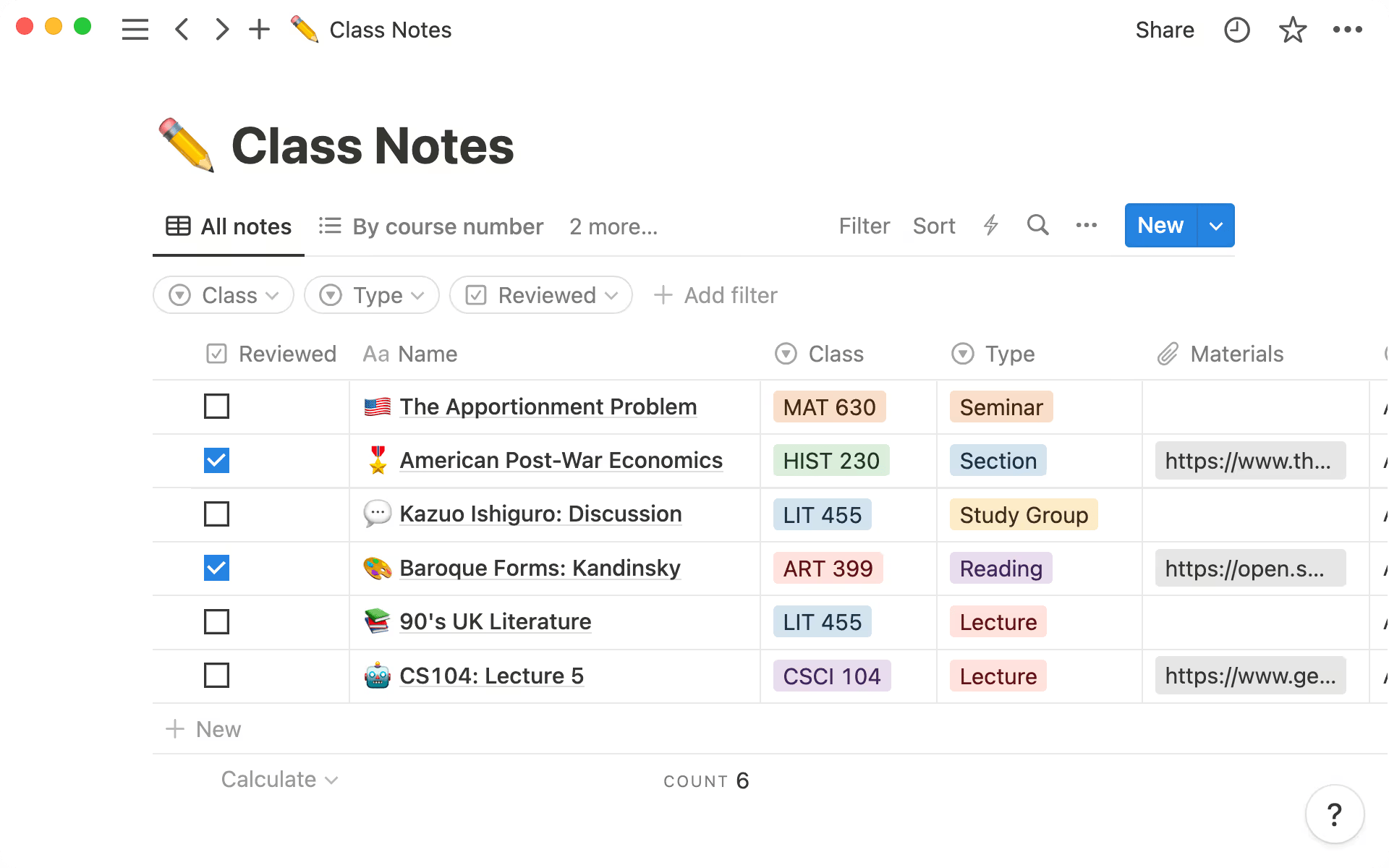
Headspace's Gamified Mindfulness
The meditation app introduced streaks, badges, and achievement levels that turned inner peace into a competitive game. Users report feeling anxious about breaking meditation streaks, defeating the entire purpose of mindfulness practice.
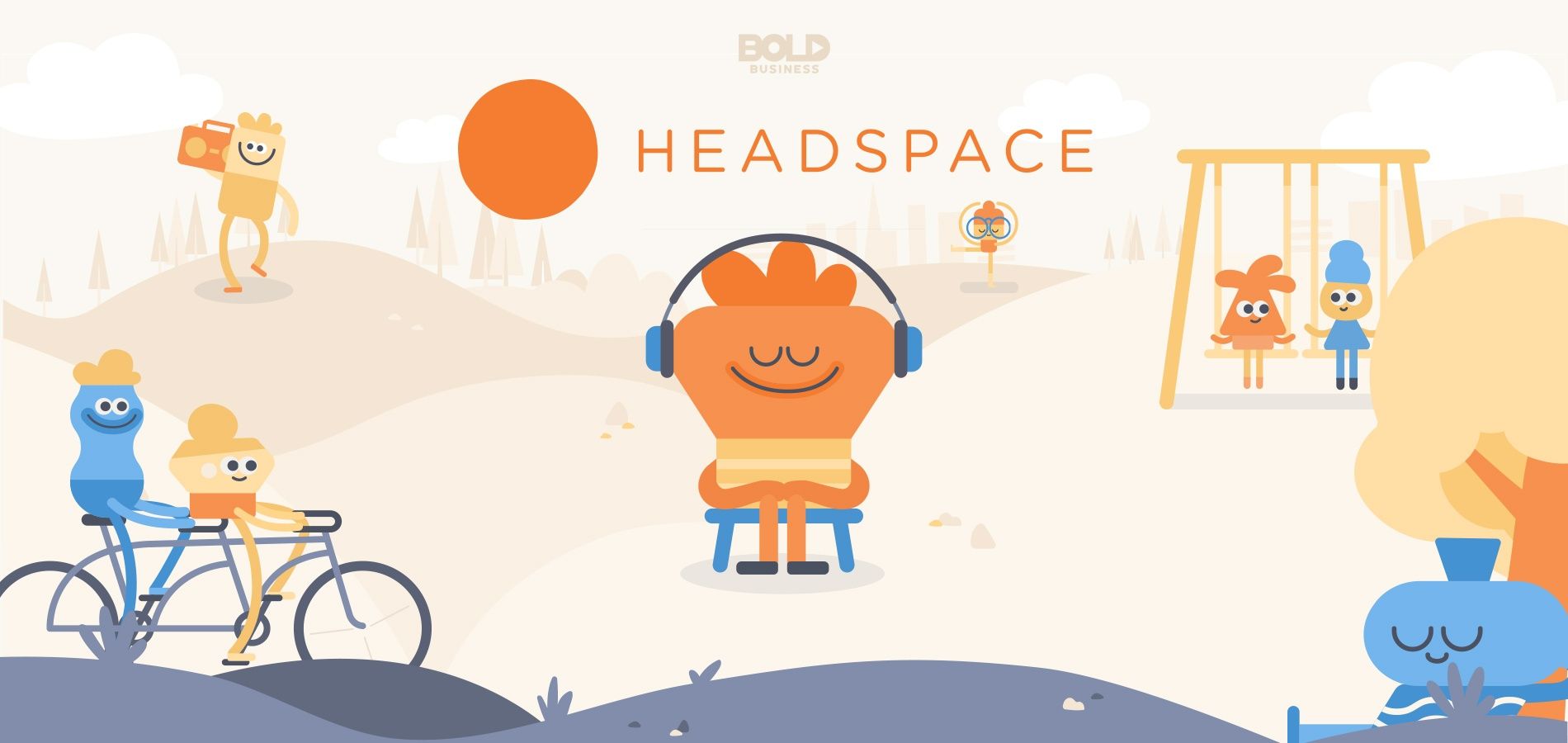
𝑭𝒖𝒕𝒖𝒓𝒆 𝑰𝒎𝒑𝒍𝒊𝒄𝒂𝒕𝒊𝒐𝒏𝒔
Coming soon: Calm-as-a-Service subscriptions. Wellness apps will monetize anxiety cycles, charging monthly fees to manage the stress they help create.
Productivity addiction will become normalized. Being busy will evolve from a byproduct of work to a product itself. Companies will sell the feeling of productivity regardless of actual output.
The attention economy goes full circle. Apps that promise digital wellness will become the most addictive products, creating new markets for managing the very dependencies they create.
The only way to win as a consumer in the new attention economy will be to break up with the apps that profit from keeping you hooked.

𝑸𝒖𝒊𝒄𝒌 𝑻𝒊𝒑𝒔
💰 The usage reality check: Ask yourself: would I still use this app if it charged me for every minute? If the answer is no, you're probably not getting the value you think you are.
🗑️ Question your streaks: Streaks are designed to make you feel guilty for taking breaks. Ask yourself if maintaining them actually helps you reach your goals, or just keeps you coming back.
🎓 Look for exit signs: If an app can't tell you when you'll stop needing it, it might be designed to keep you around longer than necessary.

𝑵𝒆𝒙𝒕 𝑾𝒂𝒗𝒆
Answer to quiz: B) Spending 30 minutes organizing your productivity system. Productive addiction occurs when the tool designed to help you becomes more time-consuming than the actual work you're trying to accomplish.
If this email was forwarded to you, sign up here — and if someone referred you, let me know. That helps unlock something special for them later this year.
Stay wavey,
Haley